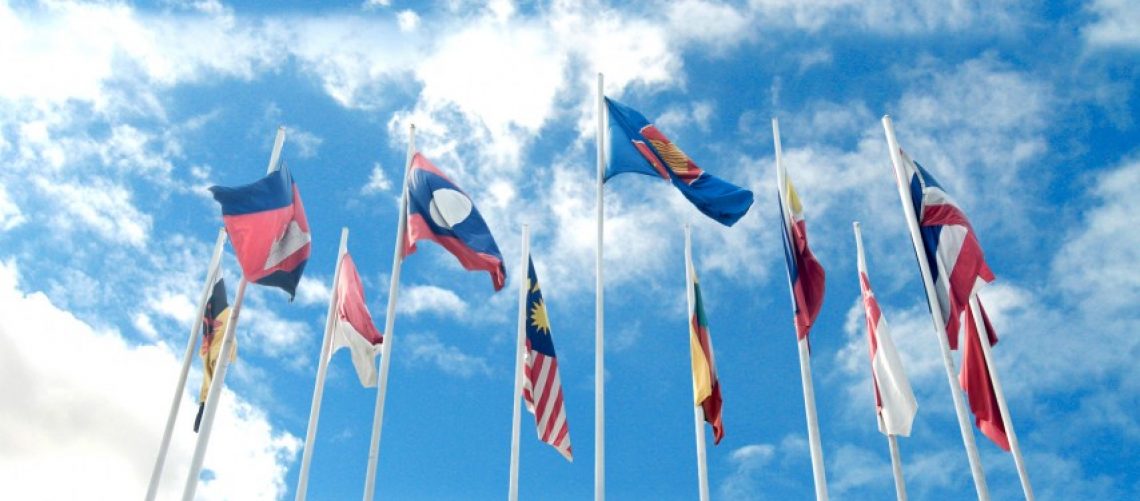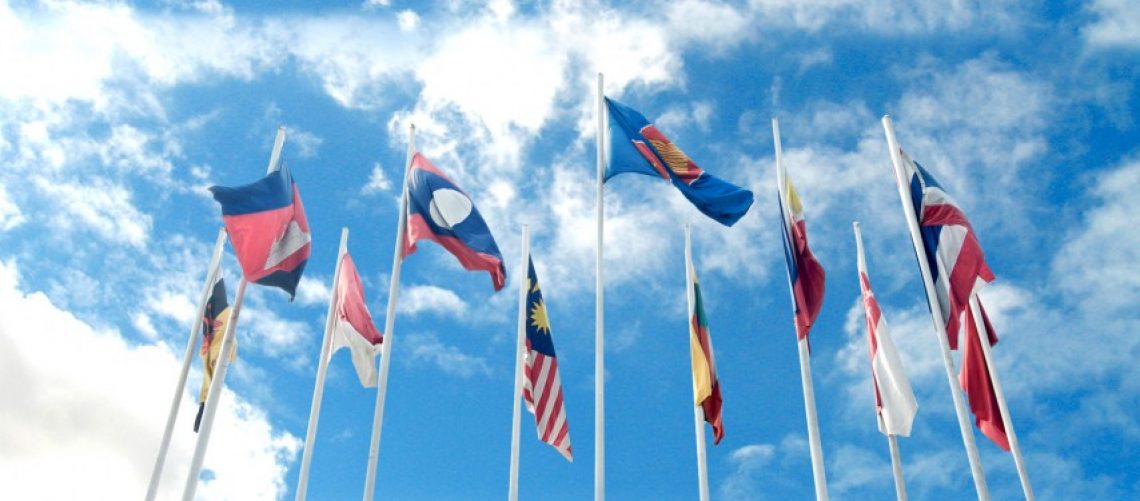Recalling the Declaration of ASEAN Concord II (Bali Concord II) to establish an ASEAN Community comprising three pillars, namely political and security cooperation, economic cooperation, and socio-cultural cooperation that are closely intertwined and mutually reinforcing for the purpose of ensuring durable peace, stability and shared prosperity in the region; Welcoming the implementation of the Vientiane Action Programme (VAP), the medium-term roadmap for the period 2004-2010 which sets out specific programme areas and measures to achieve the goal of establishing the ASEAN Community; Noting the emphasis of the VAP towards nurturing human, cultural and natural resources of the region for sustained development in a harmonious and people-centred ASEAN through the socio-cultural pillar; Encouraged by the sustainable development approach of the VAP which stresses that ASEAN’s social and environmental agenda is linked inextricably with the economic and security pillars of the ASEAN Community, that social instability can emerge from environmental scarcity or the inequitable use of environmental assets, and that failure to address these critical and persistent issues can further cause both economic and political dislocations; Mindful of the need to address global environmental issues by all parties based on the principle of common but differentiated responsibility, so that these issues do not cause adverse impact to the prosperity of the region; and Determined to further enhance environmental cooperation in order to achieve an environmentally sustainable ASEAN Community. We, the Ministers of ASEAN Member Countries responsible for the environment, do hereby: Express our satisfaction on the progress of implementation of environmental programmes and measures and related activities in the VAP, and resolve to further enhance regional cooperation; Reiterate our commitment to address global environmental issues through national and regional cooperation and active participation at international fora, and call upon the global community to continue to work with us to enhance such collaboration; Launch the Third ASEAN State of the Environment Report 2006 which highlights the environmental conditions of the region, challenges faced and actions being taken to address them, while inviting all parties to foster greater collaboration to address these challenges; Express our serious concern over the recurring transboundary haze pollution which was aggravated by the extended drier weather condition during El Nino years, and resolve to further enhance preventive, monitoring and mitigation efforts to address land and forest fires; Commit to continue assisting member countries affected by land and forest fires within the framework of the ASEAN Agreement on Transboundary Haze Pollution, and for this purpose encourage the remaining member countries to quickly ratify the Agreement; Establish the Sub-regional Ministerial Steering Committee consisting of Ministers from the 5 most affected countries namely Brunei Darussalam, Indonesia, Malaysia, Singapore and Thailand to oversee the implementation of concrete actions to address land and forest fires and the resulting transboudary haze pollution. Express our full support and commitment to the effective operations of the recently established ASEAN Centre for Biodiversity, located in the Philippines, to promote biodiversity conservation in the region, and in this respect express our appreciation to the EU for providing financial support to participating member countries for the first three-and-half years of operations of the Centre; Agree to expedite the respective national process for signing the ASEAN Framework Agreement on access to, and fair and equitable sharing of benefits arising from the utilisation of, biological and genetic resources, in order to sustainably manage the rich biological resources of the region; Endorse the ASEAN Environmentally Sustainable Cities Award to recognise exemplary national efforts in Member Countries and to promote further efforts towards environmental sustainability in ASEAN cities; Recognise the importance of strengthening national efforts and regional cooperation for effective environmental law enforcement, to address issues such as illegal trade in wildlife. As for illegal logging, there is a need for effective enforcement of forestry law and other related laws, where appropriate; Express concern over the impact of climate change on ecosystems, in particular water resources, which requires mitigation and adaptation measures to minimise the impacts particularly from flood, drought, landslide, and other water-related hazards; Commit to enhance further cooperation with the People’s Republic of China, Japan and the Republic of Korea under the ASEAN Plus Three Framework through regular policy dialogues and implementation of activities of common interest; and Express our appreciation to dialogue partners, international and regional organisations, and other countries that have collaborated with us in promoting sustainable development initiatives, and call upon these and other prospective partners to further enhance their collaboration.








